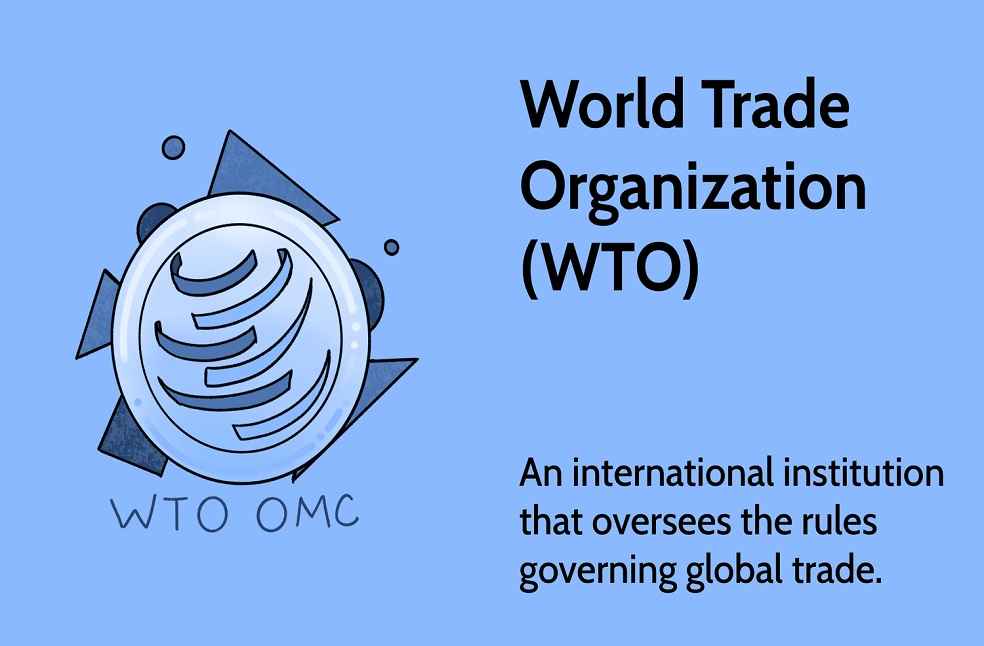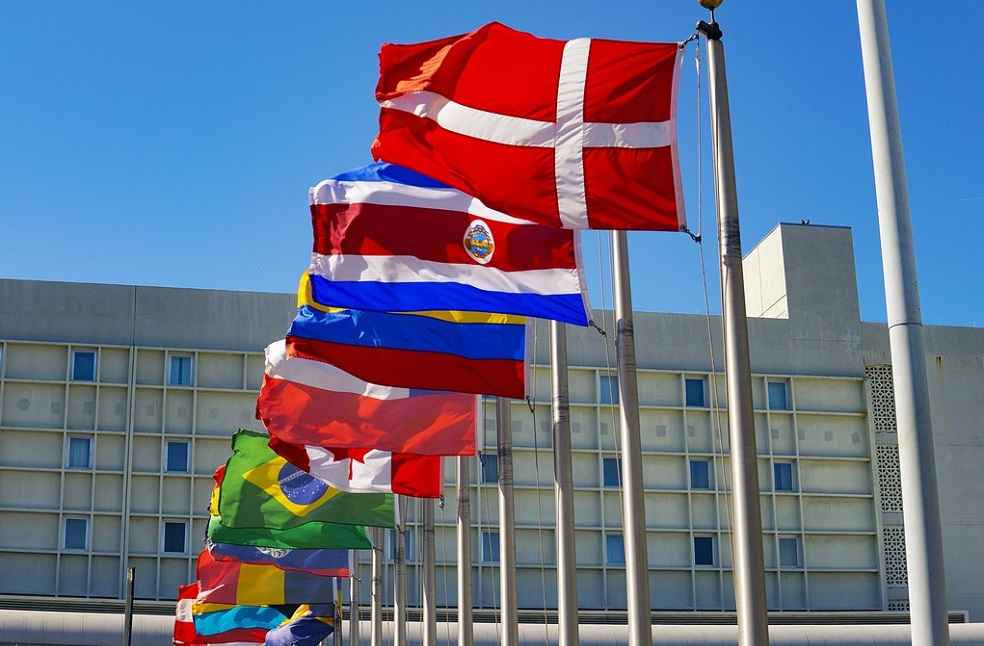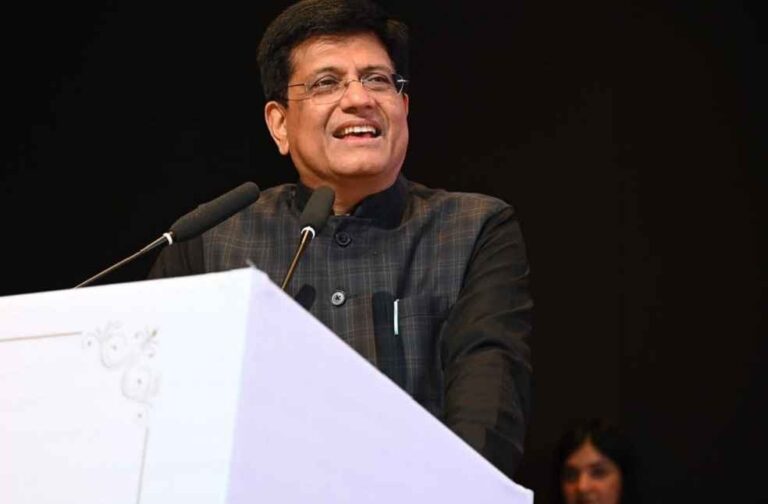New Delhi: India will stand firm against integrating non-trade issues within the World Trade Organisation (WTO) discussions, aiming to preserve the organization’s core principles, declared Commerce and Industry Minister Piyush Goyal at the Raisina Dialogue on Friday. The country is actively engaging with global partners to ensure that the foundational guidelines of the WTO are upheld, facilitating free and fair international trade.
Goyal highlighted concerns over developed countries advocating for the inclusion of new topics such as trade’s impact on the environment, labor standards, gender issues, trade facilitation, and support for micro, small, and medium enterprises (MSMEs) into WTO negotiations. India and several developing nations argue that these subjects should be addressed in their respective forums without affecting export practices.

A key point of contention for India at the WTO is the Carbon Border Adjustment Mechanism (Carbon Tax) proposed by the European Union, which taxes imports based on their carbon footprint. India plans to challenge this measure at the upcoming 13th Ministerial Conference of the WTO in Abu Dhabi from February 26 to 29, and through bilateral discussions with the EU.
Key Points:
- India opposes introducing non-trade issues at the WTO, advocating for a focus on core trade principles.
- The minister highlighted India’s active engagement in upholding free and fair trade globally.
He raised concerns about the European Union’s Carbon Border Adjustment Mechanism and plans to address it bilaterally and at the WTO. - India seeks swift resolution of pending issues like food security and fisheries subsidies at the upcoming WTO Ministerial Conference.
- Goyal urged other countries to collaborate for positive solutions and address the concerns of developing nations.

The conference agenda is heavy, aiming to resolve long-standing issues such as public stockholding of food grains, government procurement policies, fisheries subsidies, the moratorium on electronic transmission taxes, and restoring the WTO’s dispute resolution mechanism. The mechanism has been inactive since 2019 due to a deadlock over the appointment of appellate body members, primarily caused by the United States. This has left the dispute settlement panels’ decisions unenforced.
Goyal expressed hope for a collaborative approach at the WTO, emphasizing the need for solutions that address the concerns of developing and less developed countries. Despite its challenges, he affirmed the crucial role of the Geneva-based multilateral organization in establishing robust trade rules and ensuring fairness among trading nations.
RECORD | UAE Sets Global Trade Record with Dh3.5 Trillion Amid Economic Downturn



